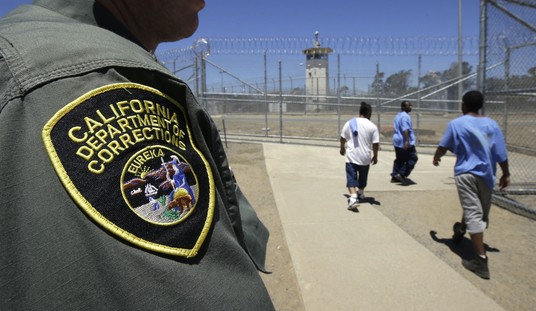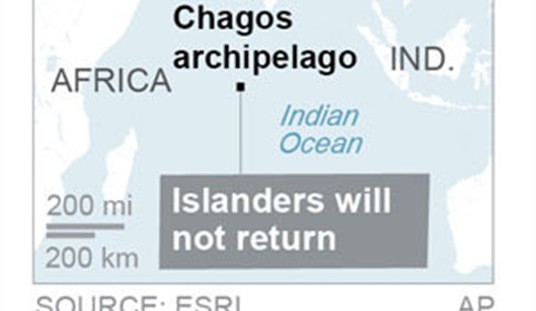A potentially ominous sign for the economy that plays such a major role in the outcomes of U.S. presidential elections:
Purchasers’ demand for new vehicles this month experienced the largest monthly drop in eight years. The unexpected decline came after two consecutive months of double-digit gains.
The Auto Demand Index survey is conducted by TechnoMetrica, a leading market research company in the financial and automotive industries. The index plunged by 32 points, or 26 percent in February, to a reading of 93.
That’s the lowest level in 10 months, indicating a drop in vehicle purchase intent and a marked contrast to the robust sales intentions late last year. “We expect auto sales to moderate in the months ahead,” the report noted.
Purchases of new cars, a reflection of economic confidence and optimism, play a major role in the U.S. economy, totaling just under four percent of the Gross Domestic Product.
If actual sales do continue to decline in coming months, that would have ripple effects down through the ranks of the immense automotive industry with its nearly 10 million workers, including makers, parts suppliers and dealers. That’s a little more than five percent of total private sector employment.
A slowdown in the nation’s robust job growth or, worse, a reduction from layoffs would be ideal for political candidates and a party challenging any incumbent, such as President Donald Trump, who has been enjoying strong monthly job gains.
Only two elected presidents in the modern era — Jimmy Carter and George H.W. Bush — have lost campaigns for a second term. And both defeats came during times of economic stress and decline. Recall “It’s the economy, stupid” from the 1992 campaign of Bill Clinton.
Sudden uncertainty in financial markets and supply chains from China due to fears over the coronavirus could be contributing factors.
The current decline is also based on a familiar culprit, sticker shock at record high prices for new vehicles and on a glut in so-called gently-used used cars. Thousands are coming off leases and others are flowing into the used car market by car rental companies culling their fleets.
The survey also found that pickup trucks ranked as the most desired of intended new vehicle purchases at 28 percent, up from 16 in January.
Second among likely new vehicle purchases were SUVs at 16 percent, followed by midsize cars at 12 percent, down from 21 percent last month. Last among the top five choices were compact cars, at 11 percent.








Join the conversation as a VIP Member